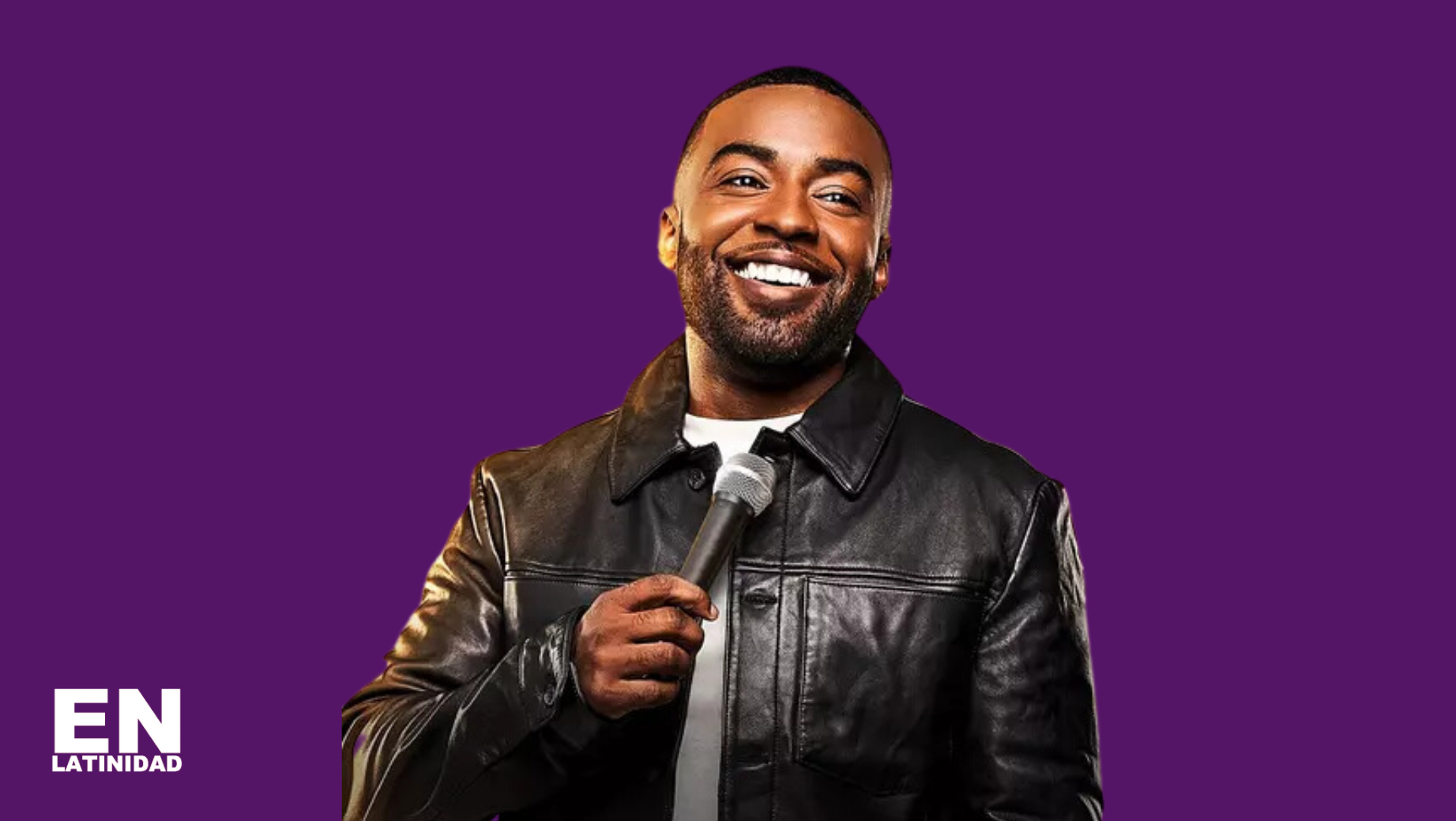Ian Lara’s ‘Growing Shame’ Stand Up on Comedy Central: A Review
Ian Lara’s Growing Shame is a 30-minute Comedy Central special that strikes a powerful balance between personal honesty, cultural specificity, and effortlessly slick delivery. From the moment he walks onstage, Lara exudes a laid-back confidence—the kind that comes from years of grinding in the New York comedy scene and surviving everything from open-mic nights to national television. His presence is warm without being overcompensatory, affable yet keenly aware of the audience, setting the tone for a set that feels both intimate and broad in appeal.
What makes Growing Shame stand out isn’t its structure—it doesn’t follow a rigid, punchline‑per‑minute formula—but rather the way Lara weaves a tapestry of themes: bittersweet nostalgia, the awkwardness of adulting, the dull ache of loss, and the small triumphs of everyday life. His strength lies in stories that cut through the noise because they’re rooted in his Dominican-American upbringing in Queens, told with wry commentary that hits universal notes. For instance, he riffs on stock investments and dating culture in a way that feels fresh and arresting, seamlessly shifting from laugh‑out‑loud one-liners to moments of surprising poignancy Paste Magazine.
Lara’s comedic persona is infectious—he’s the self-deprecating friend you want to grab a drink with, the unassuming truth-teller who can go deep without twisting into melodrama. He’s not a showman with wild characters or vocal flips; instead, he delivers with calm conviction, letting the content speak for itself. That casual style lends a sense of trust—you believe him, laugh with him, and occasionally feel uncomfortably seen. That trust pays off when he hits on heavier material—notably about his mother’s passing—and it lands with both heft and humor because he’s earned it with lighter, relatable bits first Popsugar.
One strength of Growing Shame is how it’s rooted in specificity without losing the audience. Anecdotes about Queens, family dynamics, or the absurdity of a cruise with a friend are funny in their own right—but they also serve as universal relievers of shared awkwardness, grief, and adulthood hurdles. It’s a classic comedy alchemy: the more specific the detail, the more accessible the emotion. Critics have noted that the special doesn’t rely on cliché tropes; instead, Lara finds his own angle—whether that’s a quip about eyebrows (“little man with pretty ass eyebrows”) or a quietly delivered joke about immigrant parents. This shines especially in the way he honors his mother, recalling Dominican proverbs like “El que anda corriendo llega cansado” (“He who runs arrives tired”)—a line he treats not as passé wisdom but lived truthPopsugar.
Critically, Growing Shame succeeds in its rhythm. It doesn’t rush for laughs, but rather lets scenes breathe until the payoff is natural and unexpected. He’ll warm up with a joke about stock trading, then casually pivot to BDE energy on a boat cruise, then land a punch about grief—and it all feels cohesive. The result is a set that rewards listeners who stick with it—a structure less about hit-slap, more about the curve and release of thoughtful set progression Paste Magazine.
Another key attribute is his cultural grounding; Lara isn’t performing Latinidad, he’s simply living it. That authenticity makes Growing Shame feel layered—not performative. He doesn’t pander or explain, but instead assumes the audience will get the cues. He references Dominican sayings, immigrant parent logic, and familial expectations with such ease it underlines how central this perspective is to his identity. It’s a rare thing: comedy that’s unabashedly cultural without becoming niche.
Lara’s performance also bodes well for his future as a comedic leader. Critics have compared him to “a young Chris Rock” for his ability to blend punchy social observation with personal vulnerability TMJ4 News. But Lara is carving out his own lane—he doesn’t scream or scream punchlines; he invites you into everyday moments and shows why they matter. From emotionally resonant stories to relatable adult anxieties—dating ghosts, soothing loss, navigating finances—you walk away feeling you’ve learned something about living, not just laughing.
By the end of Growing Shame, you’ve witnessed more than a comedy set—you’ve been led through a brief memoir: snapshots of Queens family life, lessons from his mom, and the first flush of grown-up insecurity. You leave feeling like you know him, or at least feel seen by him. That emotional residue is the hallmark of a comedian with more than jokes—he’s got heart.
In a year where stand-up is saturated with hot takes and formal bits, Ian Lara offers something else: a conversation, lightly comedic, but always honest. Growing Shame is more than a showcase—it’s proof that a deeply personal voice can also be a universal one. At around thirty minutes it’s concise but memorable, effective without being flashy.
If your playlist lacks a half-hour special that walks the line between resonant and witty, Growing Shame is it. Watch it for the laughs, but stay for the moments—moments that linger long after the screen goes dark.





Leave a Reply
You must be logged in to post a comment.